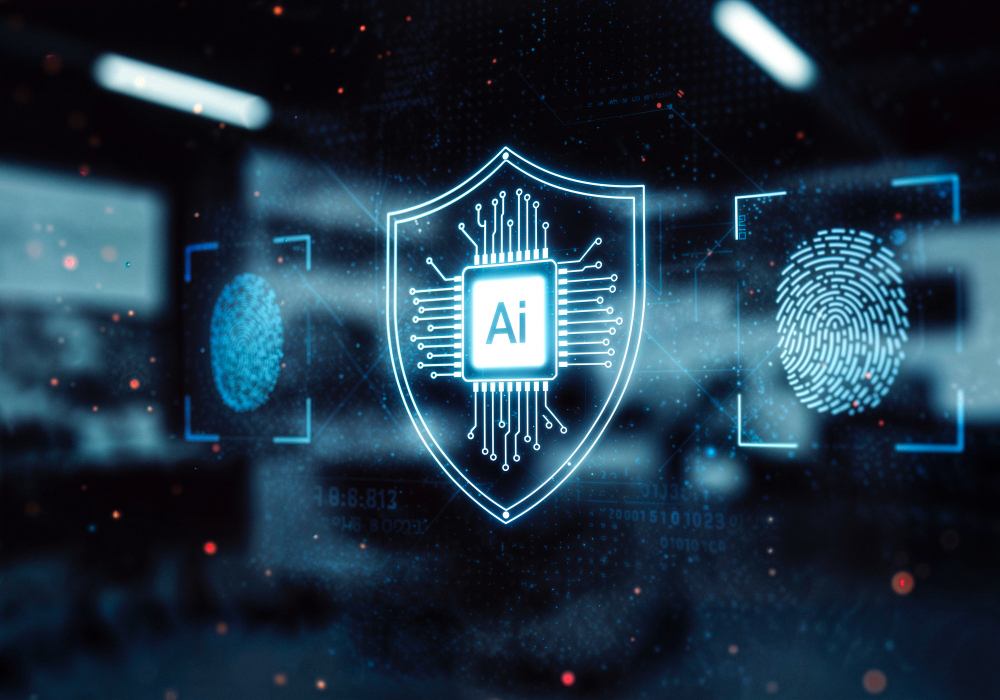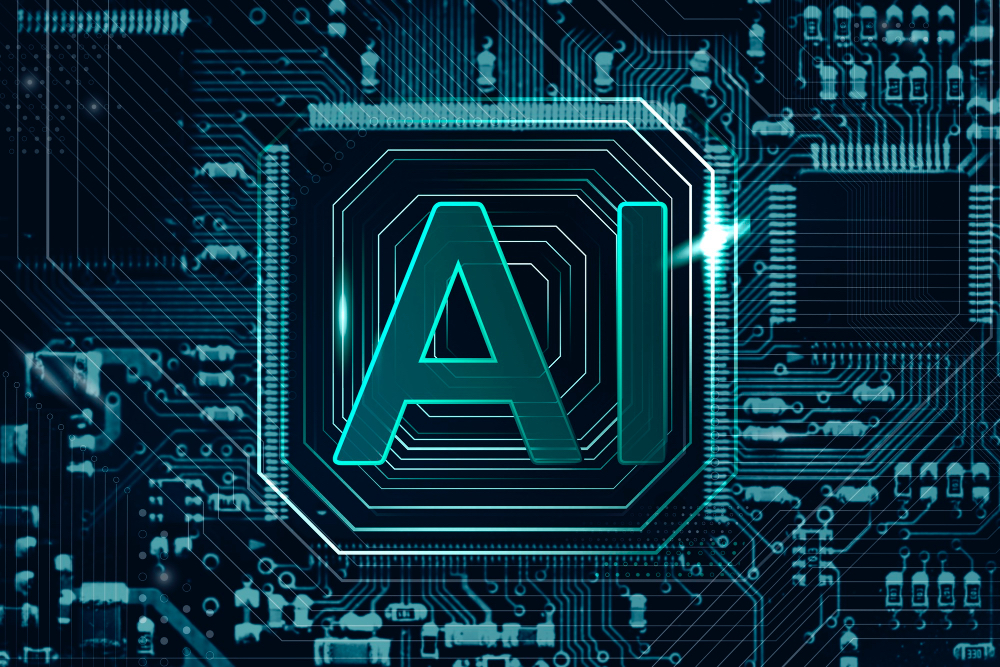OpenClaw has introduced a firm community rule prohibiting any reference to Bitcoin or other cryptocurrencies on its Discord server, according to its creator, Peter Steinberger.
Enforcement drew attention after a user was removed for mentioning Bitcoin block height as a timing method in a benchmark, with the developer later offering to restore access.
The policy follows a rebrand scare when scammers hijacked old accounts to promote a fake Solana token. Market value spiked then plunged after Steinberger denied involvement, warning that no official token would be issued.
Rapid growth of the open-source project, which has attracted a large developer base within weeks of launch, contrasts with wider industry momentum linking AI agents and digital assets.
Leaders such as Jeremy Allaire of Circle argue stablecoins could become default payment rails for autonomous software, while Coinbase is already rolling out infrastructure enabling agents to transact on-chain.
Would you like to learn more about AI, tech and digital diplomacy? If so, ask our Diplo chatbot!










